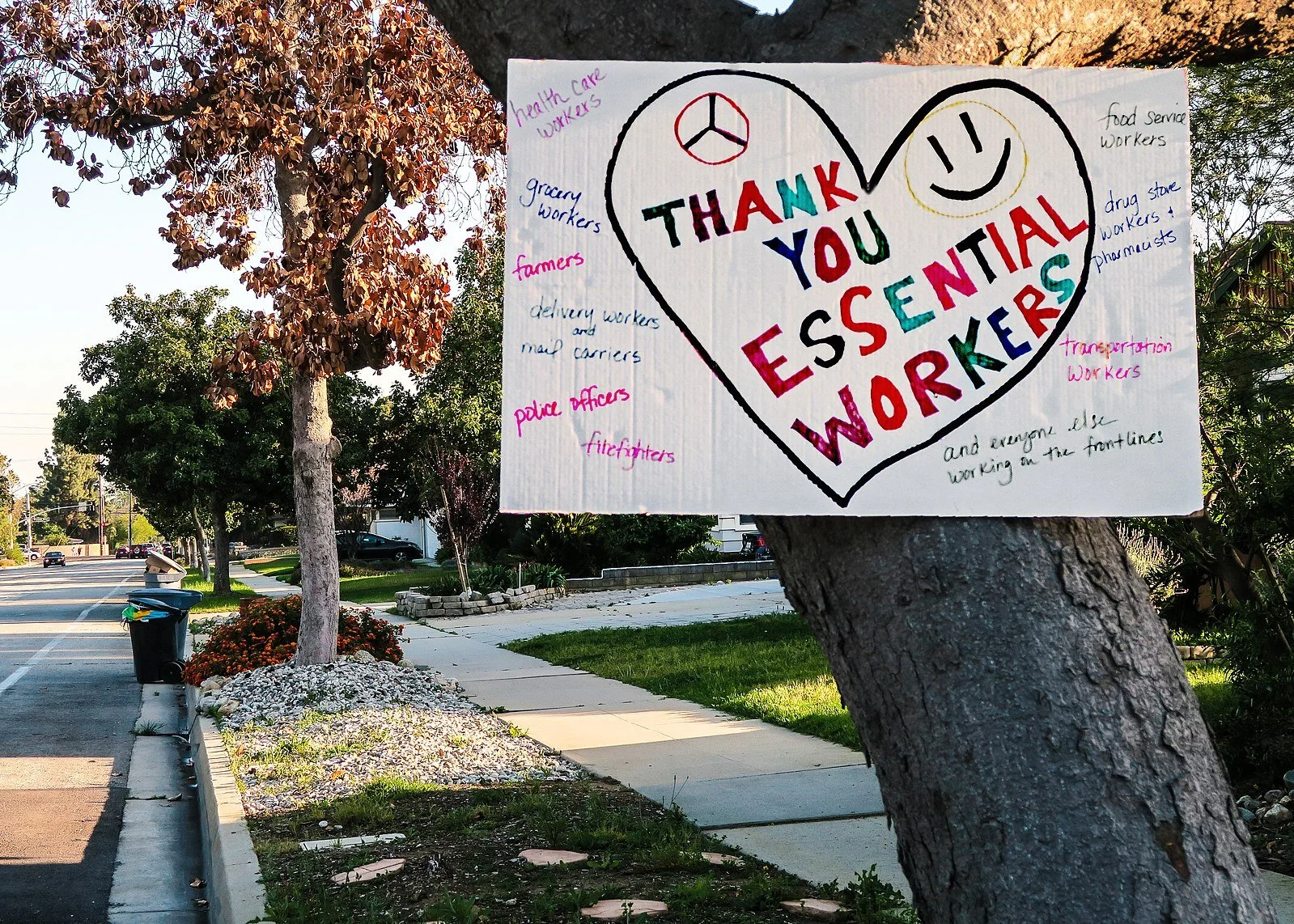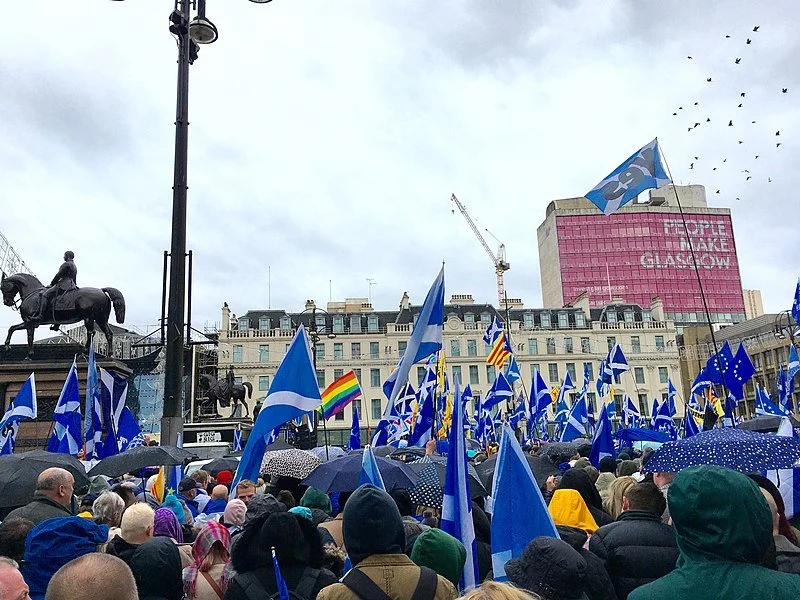Exposing Necropolitical Thought in Western governments’ responses to COVID-19
Former U.S. President Donald Trump’s 2020 campaign was defined by the slogan, “Make America Great Again”. This campaign echoed the sentiments of similar campaigns taking place at the time throughout the United Kingdom and Europe, as a right-wing populist wave washed over the globe. These campaigns predicated themselves on the common narrative that migrants were “disadvantaging” the population, and that this had to be remedied through the “taking back” of the country. Collectively, this political discourse racialises migrants and constructs them as the symbolic “Other”, securitising their existence as a threat.
In that same year, however, migrants became involved in a different narrative. Following the outbreak of COVID-19 and the beginning of lockdowns in March 2020, a simultaneous narrative emerged which celebrated those keeping the nation running during the pandemic - the essential workers. Ironically enough, these essential workers are made up of the very migrants targeted by government policies. Taking the United Kingdom as an example, The Migration Observatory reported migrant workers made up 35% of the manufacturing industry, 22% of the healthcare industry, 19% of residential and social care, and even 18% of retail. Furthermore, the Organisation for Economic Co-operation and Development (OECD) found migrants account for an average of 20% of all key workers in capital regions in Europe. This contradiction, and the broader crisis it arose in, was not reflective of an acceptance for migrants, but rather reflective of the government trying to profit off of migrant labour in a time of global crisis. The narrative of the “essential worker” permitted the state to call upon the labour of the racialized migrants whom they had previously sought to exclude from the state, while simultaneously preserving the discourse of migrants as a securitised threat.
Furthermore, an examination of exceptions made by Western states for migrant workers during the pandemic demonstrates that these states did not seek to protect essential workers but rather essential industries. Namely, many Western states sought to expand the supply of migrant workers while simultaneously tying them to essential industries. For example, the United Kingdom automatically extended visas of migrant medical professionals practising in the UK. the label of ‘essential worker’, however, did not address the vulnerability of migrant workers, who experienced heightened risks to their health and safety, and increased risk of exposure to the virus. While these workers were recognised socially for their sacrifice (such as Clap for the NHS), global exemptions for migrants paired with lack of state-directed support for migrant essential workers can be seen as the function of necropolitical action. In his work, Achille Mbembé states that sovereignty is characterised by the power to decide who may live and who must die, and that racism is a prime driver in how states decide which bodies are “disposable”. This disposability is evident in the testimonies of migrant essential workers who reported having little to no COVID-19 safety measures in their workplace and the significant number of COVID-19 deaths amongst migrant and minority essential workers. Importantly, the necropolitical thought underlying Western governments COVID-19 response can be situated within the larger context of colonial labour relations, illuminating state-directed narratives on immigration as a mechanism by which to control the transnational movement of labour.
Image courtesy of Russ Allison Loar via Wikimedia, ©2020, some rights reserved.
The views and opinions expressed in this article are those of the author and do not necessarily reflect those of the wider St. Andrews Foreign Affairs Review team.



